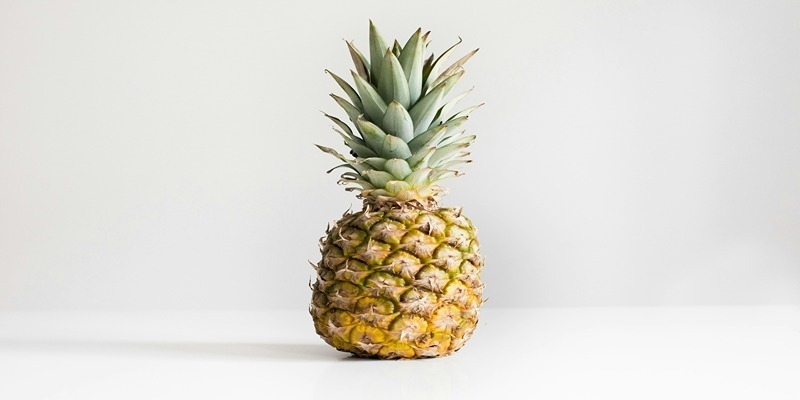Post-Exercise Hydration: The Truth About Ice Cold Water
Feb 23, 2024 By Nancy Miller
When you exercise, your body's core temperature rises. Your workout will yield the best results if you cool before and after each set. Have a glass of cold water to lower your core temperature after a tough exercise session. Experts suggest that absorption of iced water from the stomach would be faster compared to tap water, thus quicker restoring hydration,
Make sure to drink a sufficient amount of water before, during, and after your intense workouts. The more active you are physically, the higher you get the core body temperature. Your body begins sweating as one of the defense mechanisms. Although sweat doesn't always come welcomed, it plays a cooling role as it evaporates away from the skin. Still, sweating more than necessary leads to dehydration, which has unpleasant consequences. For this reason, you have to keep drinking cold water after exercise to replace the liquids. If you do not drink enough water, your body will suffer dehydration and all its consequences.
Among the benefits of using iced water for exercise are increased performance and recovery times, core temperature, and heart rate. You feel fatigued at a higher core temperature, and your performance decreases. In the following section, we’ll talk about these advantages.
Based on studies, taking cold water before, during, and after exercise may prevent dehydration and thus enable you to endure longer without feeling tired. During exercising, drinking cold water is recommended, however unnecessary. Near room temperature also, water will work. Being hydrated is more dependent on the fluid consumption frequency, not the fluid temperature itself.
Should You Drink Cold Water Before Workout?
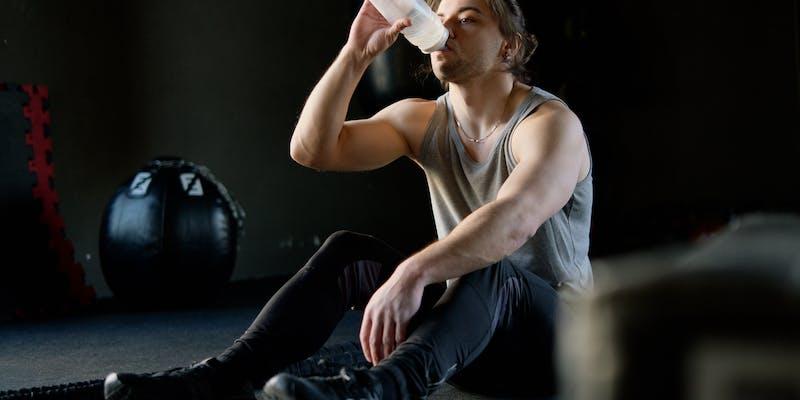
According to a study released in May 2018 by the Gatorade Sports Science Institute, the researchers confirmed that it is more efficient to consume cold beverages before exercise rather than during it to reduce body temperature. Especially in hot and humid weather, it might help you exercise for longer without becoming too overheated. However, it has a limited impact. Overconsumption of cold drinks triggers the body's natural shiver response, restoring your core temperature.
To keep from losing too much fluid via perspiration and keep your core temperature down when exercising, the same scientists suggest sipping iced water. Some people find drinking water after exercise helps lower their core temperature. Additional research is necessary, although little clinical evidence supports that conclusion.
This might be particularly helpful for those whose bodies are physiologically impaired in their capacity to sweat, such as ice hockey and American football players, whose jerseys prevent them from cooling down enough via perspiration. It may be simpler to maintain proper hydration if you just sip cold water. Researchers examined six healthy individuals in a 2013 article published in the International Journal of Clinical and Experimental Medicine.
Despite the study's small sample size, it does highlight an intriguing finding: individuals drank far more cold water (16 Celsius degrees, or 60 degrees Fahrenheit) than warmer water following moderate dehydration caused by exercise in a hot and humid setting. At 5 degrees Celsius (41 degrees Fahrenheit), cold water consumption was second greatest. You would be joining many people if you said that you prefer cold water to chilly water after an exercise. You might be right; both options could help you keep hydrated.
Cold Water is Better - Why?
The benefits of drinking water after exercise at any temperature are unlimited; however, drinking it cold before, during, and after was found to have more advantages, particularly during or after exercising. One more consequence of extreme exercise is dehydration, which can cause causing muscular cramps. You can prevent muscular cramps from being painful by drinking enough water, especially water with electrolytes added. Lots of things in the body rely on water to function properly. You can't do any of these things while exercising without drinking enough water:
- Managing your body's internal temperature.
- Assisting in the motion of muscles.
- Keeping the blood volume steady.
If your body is dehydrated, it can lead to many issues, including:
- Fatigue
- Headaches
- Muscle cramps
- Dizziness
- Heatstroke
- Impaired muscle activity
- Breathing difficulty
Signs of extreme dehydration include disorientation, weak muscles, and unconsciousness, all of which need prompt medical intervention.
What Does Cold Water Do For You

Reduce Body Temperature
The two main causes of fluid loss during exercise are increased core temperature and perspiration. You can hydrate better and prevent water loss via sweat by drinking iced water or an ice slurry; as 2013 research indicated, doing so helped keep the core temperature of six healthy men from increasing. During a 60-minute workout, 45 healthy, active men drank cold water, which may have the ability to increase athletic performance by around 50%, according to a slightly bigger study.
Enhances Taste
Cool drinks during exercise or sports competitions are a good idea for a few reasons. One is that individuals tend to consume roughly 50% more fluids when they're hot. According to one study, it reduced exercise-related dehydration by 1.3% (of body weight).4 Reduced perspiration loss of as low as 2% may hurt performance in sporting events. You may find out how much water you need to drink by comparing your weight before and after a workout. Try to consume 16–24 ounces of water for every pound that you perspire.
Burn Calories
Bringing ice water up to your core temperature requires more effort from your body. Fifty young women (aged 18 to 23) participated in a research in 2013 that found that consuming 1.5 liters of water thirty minutes before each meal led to a small reduction in body fat.
Although the additional calorie burn won't significantly impact your fitness objectives, increasing your water intake will burn more calories overall. So, if you prefer cold water to room temperature, you may still drink more water and perhaps burn more calories.
What is the Ideal Drinking Water Temperature?
One of the ways to ensure you regulate your core temperature while exercising in hot weather is ensuring you take exercise drinks at a temperature lower than room temperature say 33 degrees Fahrenheit. On the other hand, 41 °F water is perfect.

Discover Incredible Ways to Practice Sustainable Recovery
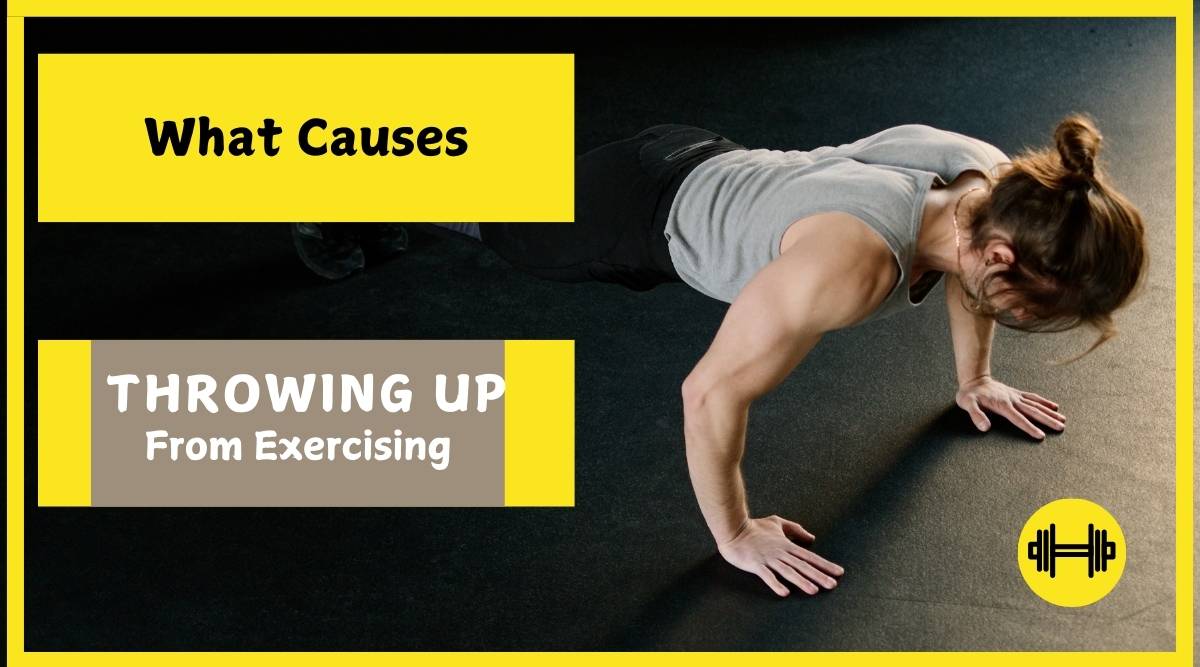
Understanding the Causes of Nausea and Vomiting After Exercise
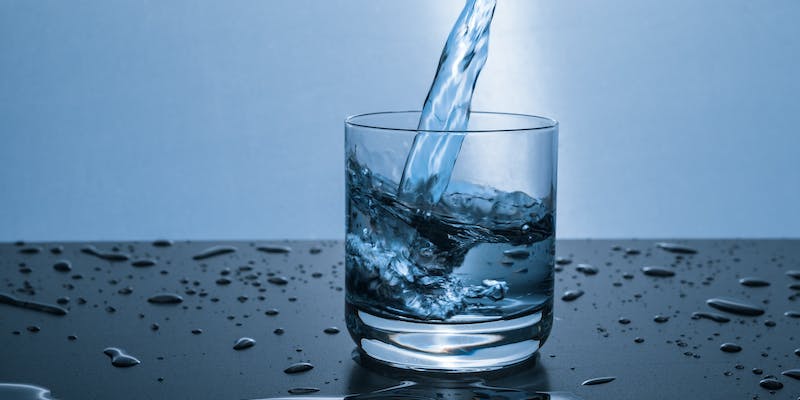
The Untold Big Benefits of Drinking Plain Water for Your Health

Are You Getting Enough Iron In Your Diet? Best Food To Get Iron
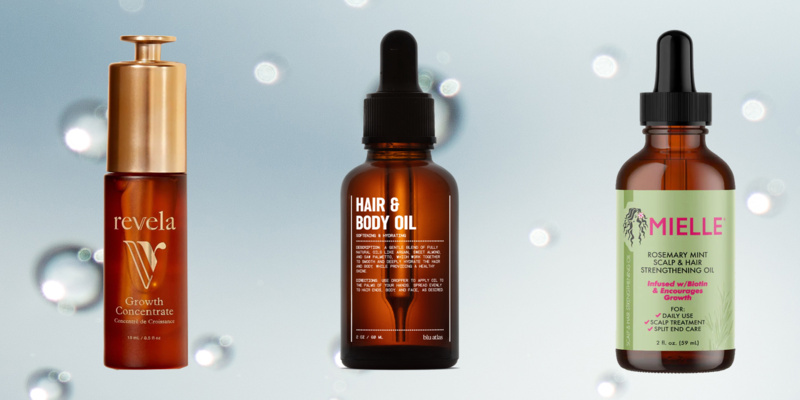
7 The Best Essential Oils for Hair Growth and More
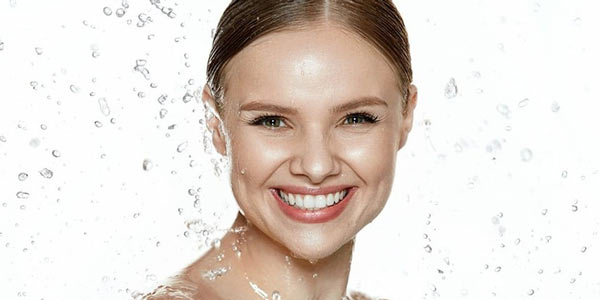
Natural Skin Hydration Basics
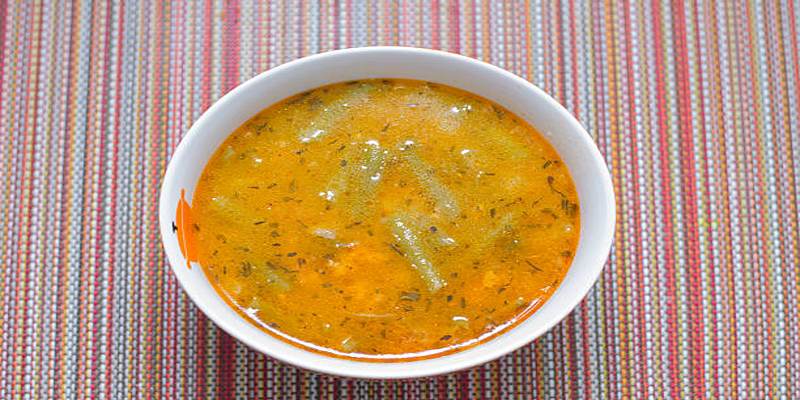
Moong Dal Soup: A Quick, Healthy Recipe for Your Weight Loss Journey
